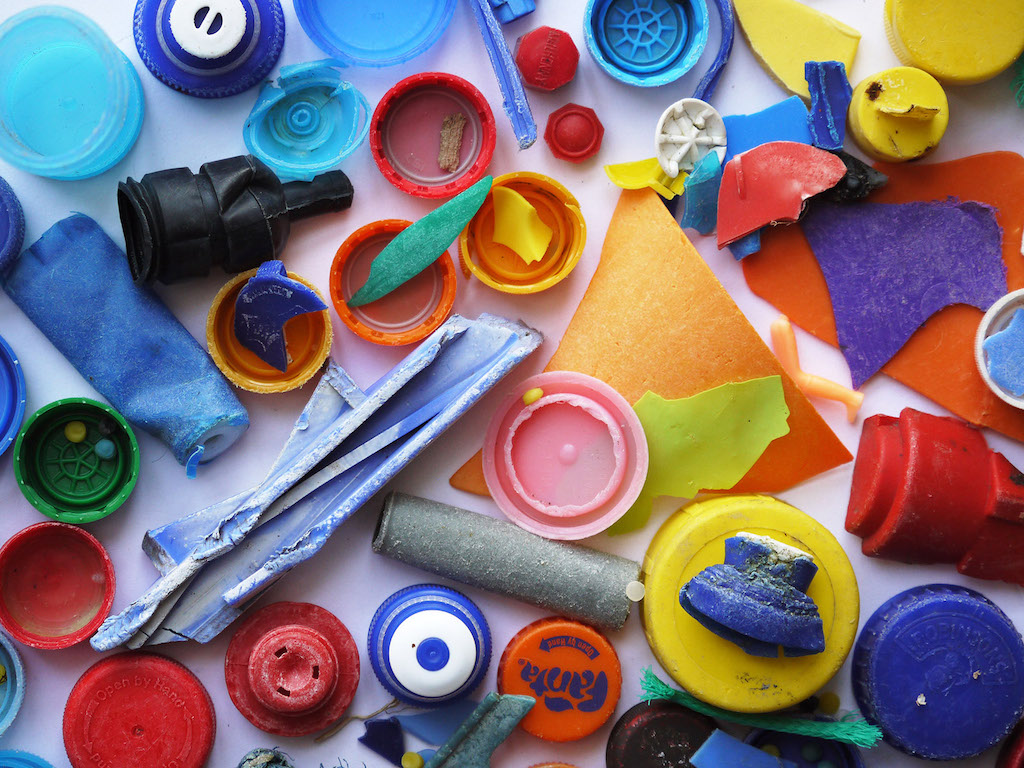3 Mins Read
A new report by an international union of chemical scientists, business leaders and government figures calls for more global research on plastics and its impacts. Without fully understanding plastics, the experts say, we will be unable to ensure a sustainable future for such a crucial material that plays many roles in society.
Collating the data of over 30 scientists who presented their findings at the Chemical Sciences and Society Summit in November last year, the new report argues that the world must improve its understanding of plastics and its impacts in order to bring about a sustainable economy.
The experts from Japan, United Kingdom, Germany and China gathered last year to discuss the impact of plastics on the environment, new sustainable plastic alternatives, recyclability of plastics and the degradation of the material. At the summit, the scientists worked on assessing the status of sustainable plastics and exploring which research areas need to be tackled.
According to the report, there are four main research hurdles in relation to plastics. These include understanding the impact of plastics over its entire life-cycle, developing new eco-friendly plastics that can be fully recycled, creating a closed-loop plastic recycling system, and developing non-toxic and degradable plastic materials.
Speaking to Forbes, Oxford University professor of chemistry Charlotte Williams said: “The starting assumption that plastic is bad is probably not a sensible one.”
Williams argued that while disposable and single-use plastic packaging is a very serious problem for the environment and public awareness of it has grown in recent years, there are other uses of plastics in many other sectors and industries where solutions must be developed, from fashion to renewable energy.
“Actually plastics and polymers are useful for lots and lots of applications, including much cleaner technologies of the future,” she explained.
“So things like electric vehicles, alternative energy, medical advances, new furnishing, new clothes, new components within shampoo. They all contain plastic polymers. They all have polymeric components, so if we want a future with more drones and robots, we’re going to need better plastics.”
Plastic has become one of the most pressing environmental crises today. Every year, the world manufactures an estimated 360 million tonnes of plastic, and experts say that the vast majority is either landfilled, incinerated and over 10% ends up in our oceans, harming marine ecosystems and eventually entering back into our food chain.
Two weeks ago, researchers found that ocean breezes contain microplastics, and that this ends up blowing back ashore. Another study concluded that the plastic pollution crisis is so severe that ocean microplastic could actually outnumber zooplankton populations in some coastal regions.
Traces of microplastic then end up back into the human food chain, with the Hong Kong consumer watchdog finding microplastics in sea salt products on the city’s supermarket shelves.
Read: How grassroots activists in Asia are fighting the war on plastic
As concern about plastic waste grows, more sustainable alternatives to plastics are being explored by scientist teams all over the world. Dutch biochemicals company Avantium, for instance, is now working on developing a new “all-plant” bottle that uses plant sugars instead of fossil fuels to manufacture its degradable and recyclable bottles. Indonesian local authorities, on the other hand, are hoping to be able to develop seaweed-based sustainable plastics.
Some scientists are placing hope on a newly-discovered bacterium that breaks down toxic polyurethane as food, which helps treat the notoriously difficult-to-recycle material. However, many of these solutions have yet to reach commercialisation or a scale that can be industrially operational.
“We have come together to say that this is a big problem – but it’s a technically solvable problem,” Williams told Forbes.
“We use plastics because they can do things other materials cannot. We have an opportunity and an obligation to think about how we can re-design plastics to make them fully sustainable and fit for purpose, both for existing applications and for those we will need tomorrow.”
Lead image courtesy of PxHere.




